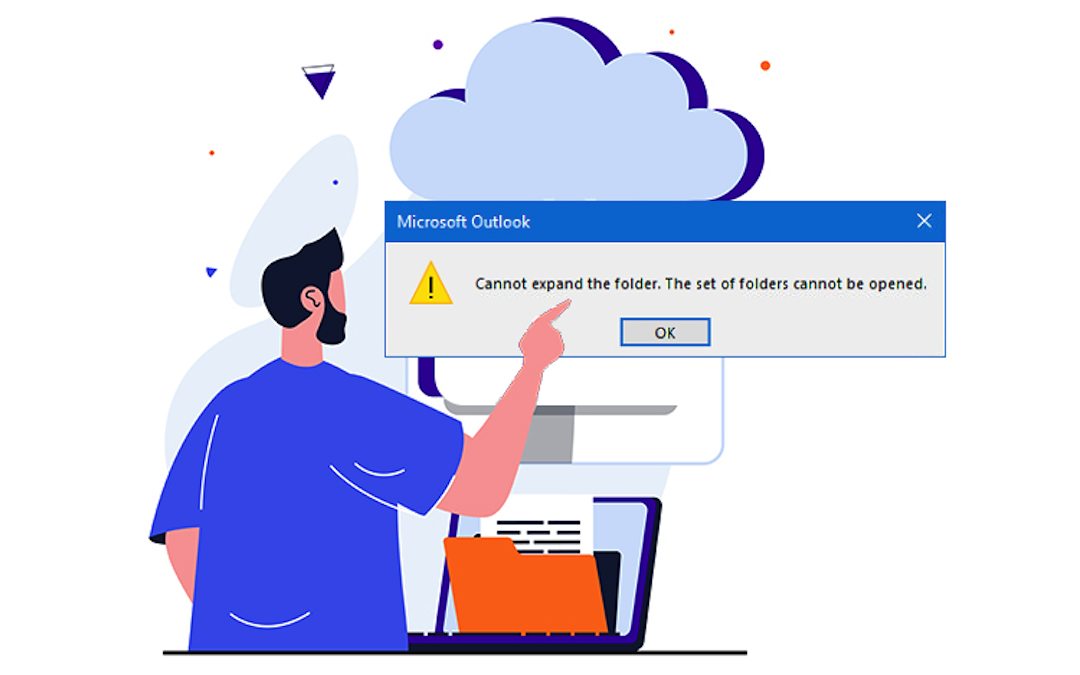Web Design Strategies to Improve SEO for Electricians

These days, competition in the industry is tough. Having an electrician qualification would not have got you any additional clients in the age of the Internet. The mind of the customer now runs through the reality of seeing the web...]









